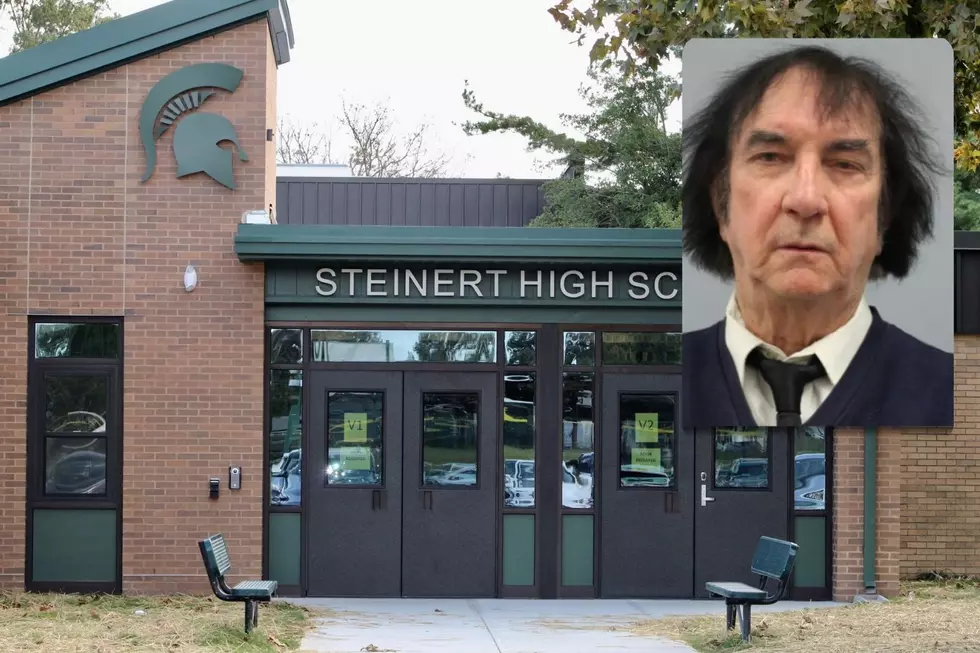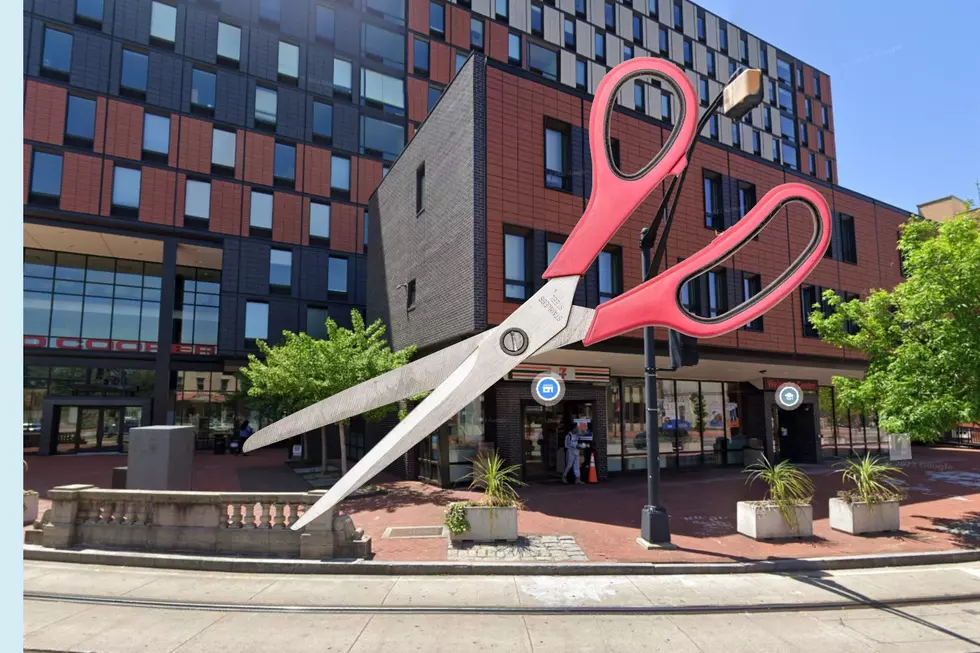
World Cup Airport Upgrades Lag in Brazil
Infrastructure experts say that Brazil has run out of time to meet its promise to fully expand and renovate airports that will serve hundreds of thousands of fans pouring into the country for the World Cup that starts in just two months.
Improvements are ready at only two of the 13 major airports that will be used in the tournament. Around the nation, the sounds of jet engines blend with the noise of drills, jackhammers and bulldozers. Construction workers carrying power tools walk alongside passengers toting their luggage.
Most analysts say they don't expect total chaos when the Cup begins June 12. But they say fans should brace for unfinished construction work, long check-in lines, and last-minute gate changes and flight delays - all already too common in the country's airports. There will be crowded boarding areas, difficulties claiming baggage, few food-court options and woeful transportation.
Don't expect to find trains or subway lines to and from the city. Expensive taxis will be the only option most of the time, and long hours in traffic will be the norm on the way to hotels.
The government civil aviation department acknowledges delays, though it insists that "Brazilian airports will be ready" for World Cup tourists.
"The problems seen in some airports will not keep visitors from being welcomed with quality," the department said in a statement.
Still, government reports show that of the improvement projects that are still underway, more than half of them had less than 50 percent of the work finished. Only the airports in the northeastern cities of Natal and Recife are considered fully ready for the World Cup.
"They say the work will be finished, but a lot of it will just be last-minute solutions to hide what isn't ready," said Adriano Pires, a top infrastructure analyst. "The level of comfort will be far from ideal. Brazil had time to get the airports ready, but it took too long to start. From what people will see at the airports, Brazil's image won't be a very good one."
Omar Daniel Martins Netto, a civil aviation and airport consultant based in the southern Brazilian city of Curitiba, agreed.
"This is what happens in a country where lack of planning is normal, everything is late," he said.
Brazil's outdated airports were a problem long before the country was awarded the World Cup in 2007. Former Brazilian soccer federation president Ricardo Teixeira used to say that Brazil had three main problems to solve before the World Cup: "Airports, airports and airports."
Upgrading airports was a key promise the government made in its winning bid, and it estimates that nearly $2.7 billion in public and private money will be invested in the major airports used in the World Cup.
The government expects 600,000 foreign visitors and 3 million Brazilian tourists during the monthlong tournament. International fans have bought more than 1.5 million tickets for soccer's showcase event.
Airports are especially important for the tournament in Brazil because the country has no viable rail system and nearly all the travel between the distant venues must be by air.
"In no other World Cup has aviation played such a vital role, owing to the large number of host cities, the large distances between them and the lack of transport options," Tony Tyler, CEO of the International Air Transport Association, said recently in Sao Paulo. "The 12 host cities are responsible for 75 percent of all passenger transportation in Brazil, so you can understand that accommodating the additional traffic with the minimum inconvenience is a major undertaking."
Brazilian airlines say they will be ready to serve the increased World Cup demand. The Brazilian association of airline companies (ABEAR) says additional flights will be offered and airport operations will be improved.
Experts agree that the most crucial work, at least, will be finished.
"I don't think there will be chaos," said Gesner Oliveira, a professor at the Fundacao Getulio Vargas in Sao Paulo. "It won't be perfect. Probably there will be some uncomfortable situations because there won't be time to test everything, but it will all be manageable."
Brazil's state-run agency that oversees most of the nation's airports, Infraero, said that of the 15 improvement projects that are still underway, eight were less than 50 percent completed by February. It said many of those improvements are not essential for World Cup fans, however, and the projects were already expected to be finished after the tournament.
In the southern city of Curitiba, the agency said upgrades such as expanded boarding areas, better access roads and enhanced food courts won't be ready until March 2016. In nearby Porto Alegre, the full expansion of the passenger terminal, which includes the addition of new boarding bridges, is expected to be ready by January 2016.
Brazil's civil aviation authority said work is also behind schedule in the three privatized airports in Sao Paulo, Brasilia and Campinas, which together handle 30 percent of Brazil's passenger traffic.
"We are constantly monitoring and demanding that they pick up the pace," said Marcelo Guaranys, the authority's director-president.
What may help the airports cope: Many Brazilians will avoid travel during the competition. The aviation authority said only 10 percent of air tickets available to the 12 host cities had been sold by January.
"I don't expect chaos because everybody is afraid of flying during the World Cup. Nobody is planning to travel; nobody wants to go through the confusion of the airports," Netto said. "No one is organizing events or scheduling meetings during the tournament. There won't be any tourism done by Brazilians, just the travel related to the World Cup."
More From New Jersey 101.5 FM









